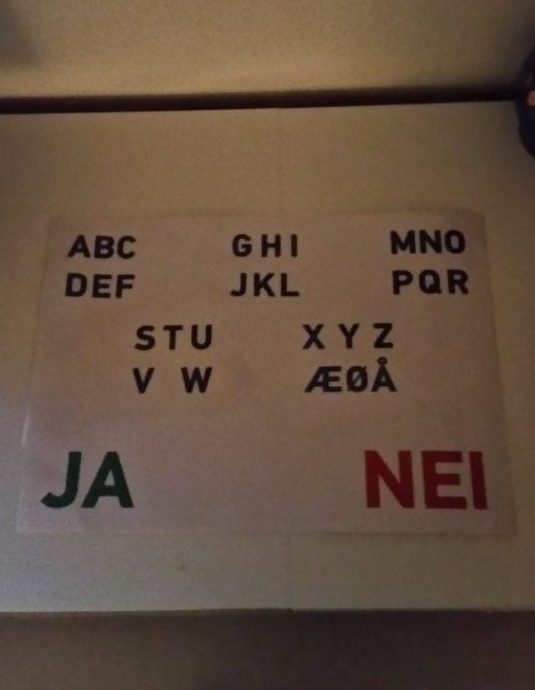This post is all about the Kjemi 2 Privatisteksamen.
I travelled to Budapest (Hungary) the day after my examination in Chemistry I.
It was a deserved break. The downside is that I didn’t study anything until I came back to Oslo.
Hardcore study started last Monday (20th). Not very promising to cover 10 chemistry chapters in 3 days while the common student does it over a school year. Anyway, I had no choice other than trying my best.
I came to a point where I chose to focus on understanding some of the most important chemistry topics. So I took some risk and pretty much ignored the biological chemistry (watched some videos but I don’t think I’d be able to talk for very long about it). If you are using Kjemien Stemmer as a textbook to take this exam, I basically didn’t know much about chapter 7 and 8 and nothing about 10.
The exam was taken in Hersleb school.
The examiners were not nearly as nice as the ones I had in Chemistry I. Very serious and stiff. No sense of humour at all.
I was the third student coming into the examination room and I had only 2 papers to choose from. I picked the one on the left. My topics were:
- A redox reaction involving a solution of KMnO4− (both concentration and amount are known) and the goal was to find out the concentration Fe2+ (knowing the amount) after balancing the chemical equation.
- Talk about the Mass Spectrometry and solve a simple problem.
- A surprise question.
Same procedure. You get your topics and leave to a silent room where you can go through your book or notes and prepare yourself.
When I was called in the teachers introduced themselves with a handshake (that was kinda weird to me, Norwegians are usually so informal) and as soon as we sat we started.
They were not really interested in hearing all the bullshit about redox reactions. All they wanted was to get to the final chemical equation and just there I realised that they expected me to know it by heart.
5Fe2+ + MnO4– + 8H+→ 5Fe3+ + Mn2+ + 4H2O
Unfortunately, I didn’t have it memorised. I didn’t see the point in memorising it since you have access to so much information like this during the written exams. They didn’t make a fuss about me getting my notes and check it out. If I had another shot I’d memorise it during the 30 minutes prior to the oral examination. Believe me, you’ll avoid awkward silent moments where you are trying to come up with the equation and they’re staring at you, making you feel like stupid.
I was given some data and then I had to calculate the concentration of Fe2+. All good here.
After that, I had to explain to them all I knew about MS Spectrometry. I was given an organic molecule and I was asked about the types of fragments it would come up from that molecule. All good here as well.
The unknown question was the black hole of my exam. They showed me some green crystals. Question: ‘Here you have 2 cations and 2 anions. What would you do to find out which are contained in these crystals?’.
This part was a mess. Lots of insecurity. 😐 They asked me all about this qualitative analysis they do in the lab.
- What does the colour of the salt tell?
- You burn it and the flame turns yellow. What cation is present then?
- What do you use to burn it?
- If it is soluble in water, what does that mean?
- What would you join the water to find out about the anions?
It looked that we were there forever with questions that I did not have the answer for.
So make sure you know your qualitative analysis in the tip of your tongue! Yes, I mean the different flame colours, the kind of tests they run to find out the anions, the solubility rules… Just know it! I thought it was ridiculous to know all the flame colours and it just came up during my exam.
Grade: 3.
I am happy about it. Considering the amount of time I put into the subject, I can’t really ask for more. I am really proud of myself. I believed until the end and here I stand with both feet on the ground. I survived it and so will you. Believe in yourself. Fake it until you make it!



